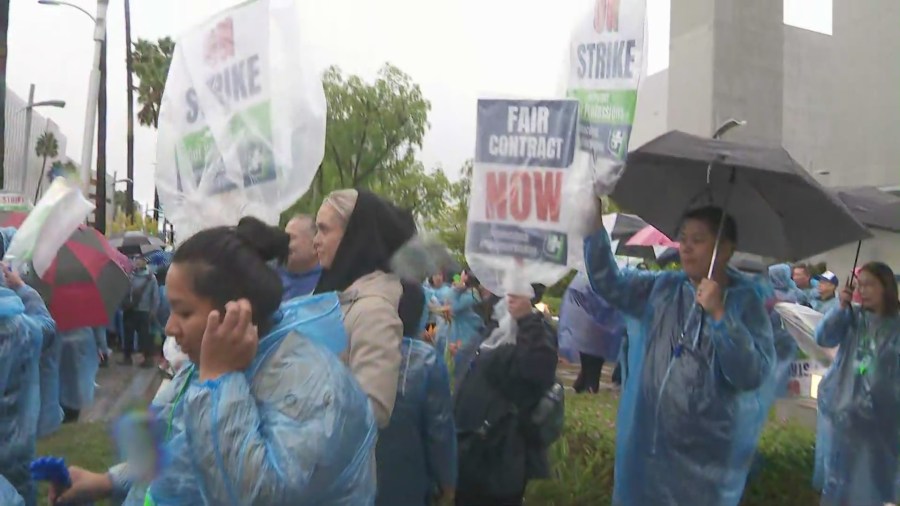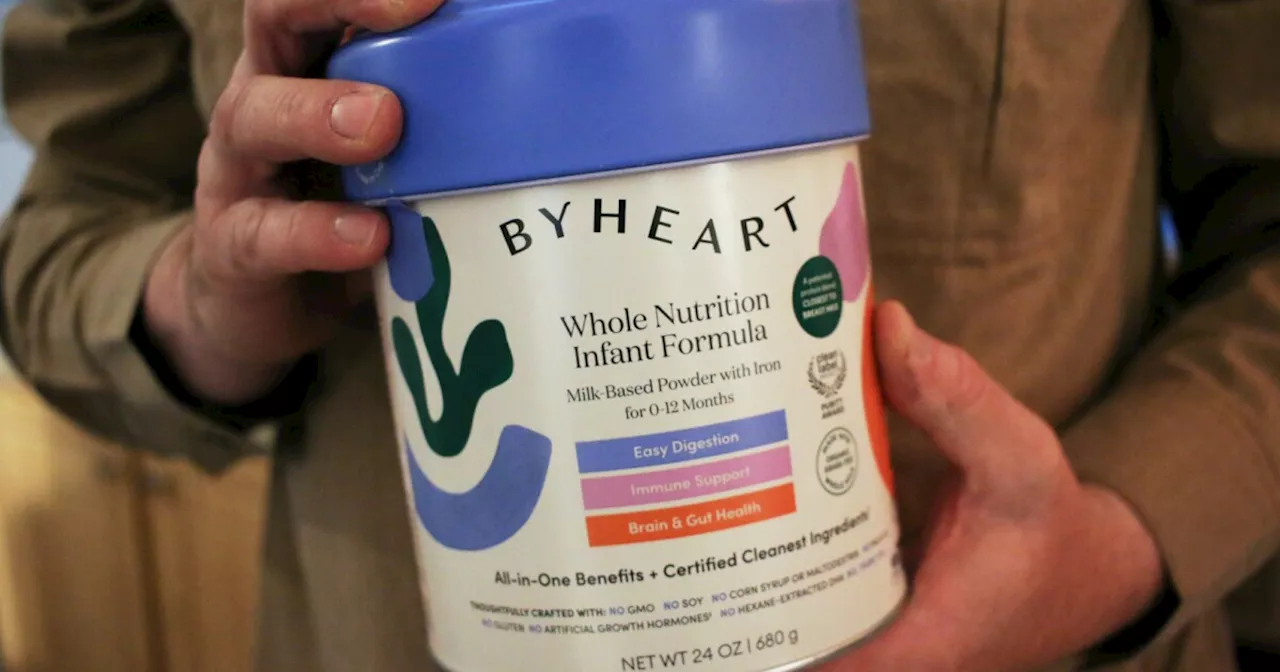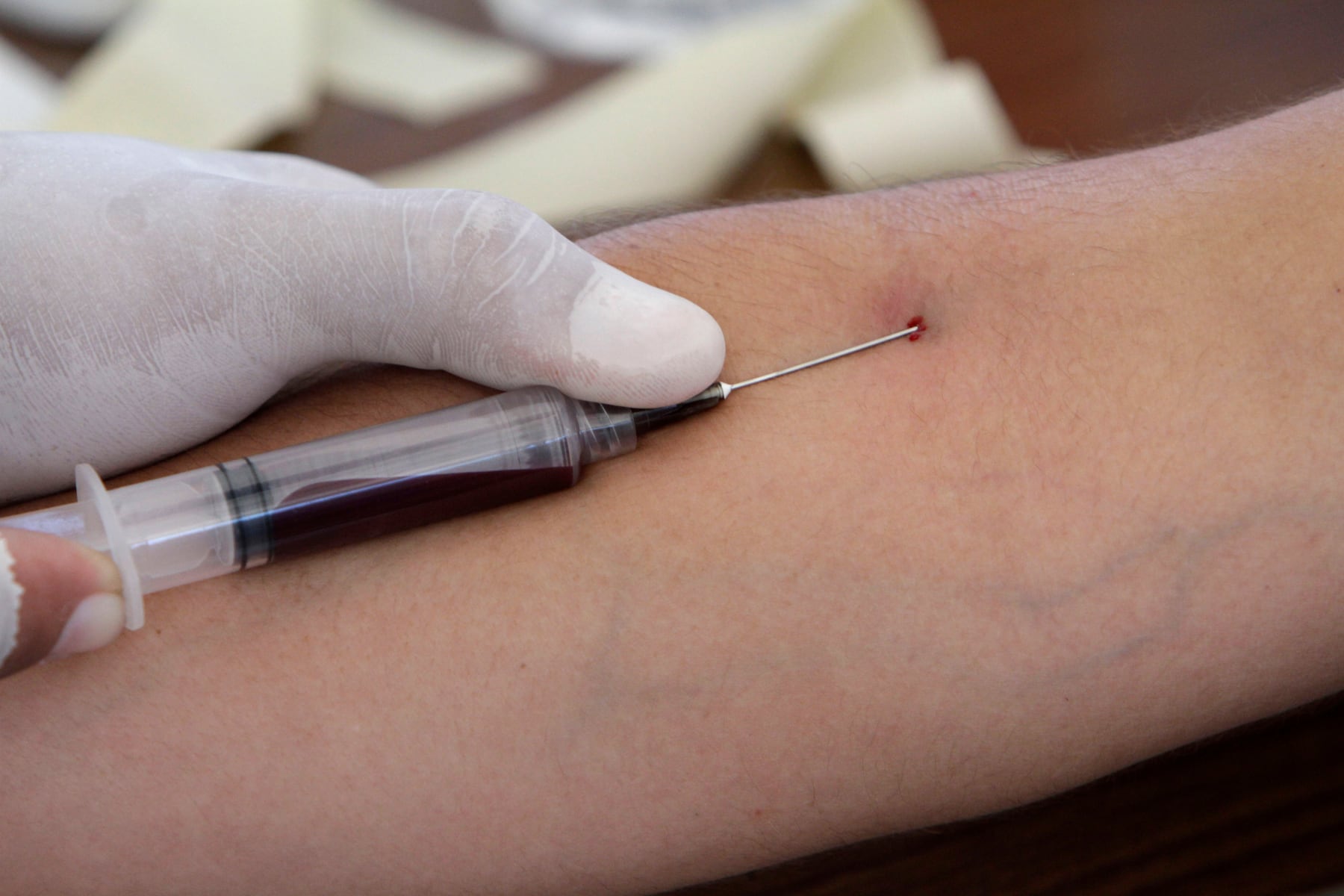More than 30,000 Kaiser Permanente healthcare workers returned to their jobs on Sunday, October 14, 2025, ending a five-day strike that affected over 500 facilities across the West Coast. The United Nurses Associations of California/Union of Health Care Professionals (UNAC/UHCP) announced that this action has generated “new momentum” in ongoing negotiations regarding wages and staffing conditions.
The strike involved approximately 46,000 union members, with the majority, over 31,000, based in California. Workers included registered nurses, pharmacists, nurse practitioners, midwives, and various specialty healthcare professionals. UNAC/UHCP officials cited issues such as “unsafe staffing, stagnant wages, and deteriorating patient care conditions” as primary reasons for the strike.
In response to the walkout, Kaiser Permanente characterized the action as “unnecessary and disruptive.” The organization stated that it had made a “strong, comprehensive offer” to the union prior to the strike. However, the union members did not accept the proposal, prompting the strike to proceed.
Union Claims Victory and Focuses on Future Negotiations
Following the strike, UNAC/UHCP emphasized the significance of the walkout, declaring it a demonstration of unity among caregivers advocating for safe staffing and fair contracts. The union highlighted new standards released by the Joint Commission during the strike, which they believe will enhance their bargaining power moving forward.
“Unsafe staffing is unsafe care,” said union president and registered nurse Charmaine S. Morales. “Employers like Kaiser can no longer treat staffing like a budget line. It’s now a national patient safety mandate, and UNAC/UHCP will make sure it’s enforced.”
Union representatives are anticipated to meet with Kaiser officials later this month to continue negotiations. The union’s statement concluded, “This strike may be over, but the fight for patient safety is not.” Members are returning to work “united, energized, and ready to keep up the pressure for a fair contract that puts patients first.”
Kaiser Permanente acknowledged the returning employees and expressed gratitude to those who assisted during the strike. The organization reiterated its commitment to providing high-quality care and announced that negotiations will resume on October 22-23, focusing on economic issues.
Kaiser’s statement underscored its position, emphasizing that while staffing concerns are significant, wages were the primary issue that led to the strike. The healthcare provider has offered a proposal that includes a total base wage increase of 21.5% over four years, along with enhancements to medical plans and retiree benefits.
“As healthcare costs rise steeply, it is critical that we keep quality, accessible healthcare affordable,” the statement read. Kaiser aims to attract top talent while maintaining its reputation as a desirable workplace for both employees and patients.
The conclusion of the strike marks a pivotal moment in the ongoing discussions surrounding healthcare staffing and compensation, reflecting broader concerns within the industry about worker conditions and patient care.







